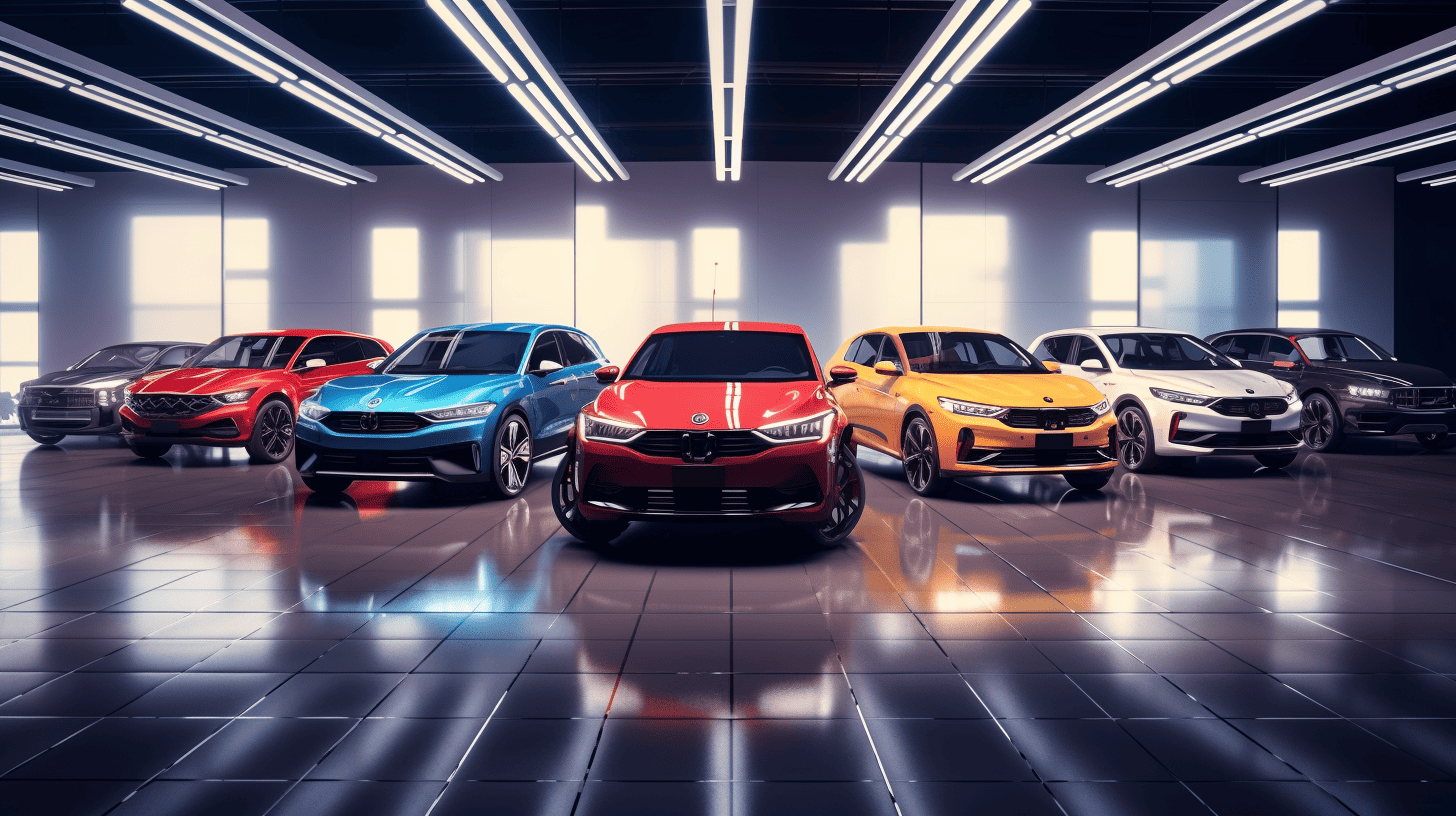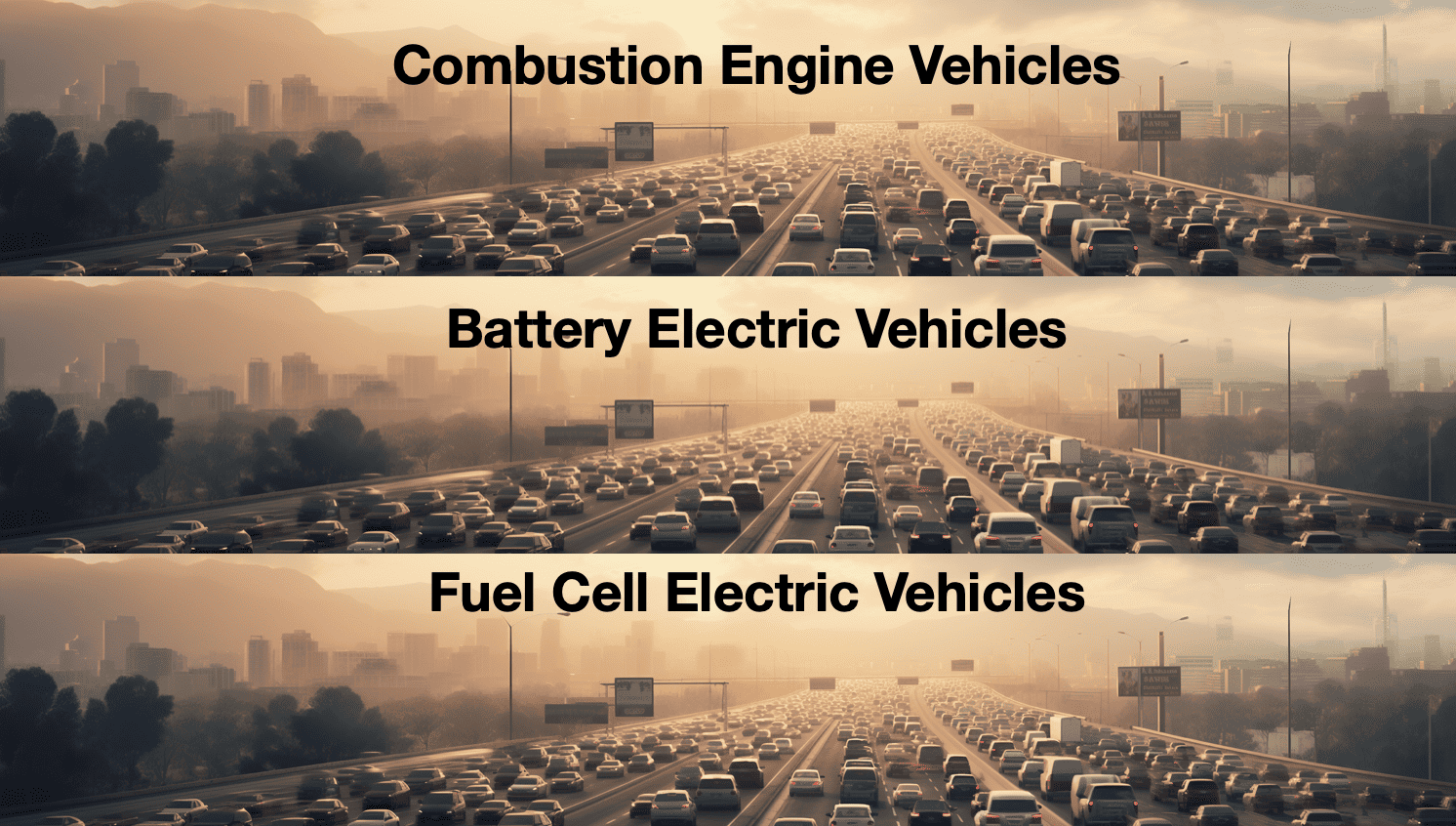
The Eloop e-car-sharing system not only enables emission-free mobility, but its cars also measure the local environmental impact. This is how the founders of this start-up from Vienna want to make their contribution to future-oriented mobility.
One of the founders, Leroy Hofer, spoke about the company’s background.
How did the idea for this e-car-sharing system come about?
That was during a holiday with Nico Prugger in South Africa. I was still studying then. Nico worked at Thyssen Krupp. We noticed the lack of public transport there and the ensuing traffic congestion. We then started thinking about a system which could deal with all those mobility problems. Once we got home, we developed that idea further. We envisioned a fleet of electric cars, available to everyone via a sharing system. The basis for that system had to be an app, which would enable as much automation as possible. And a process that basically organizes itself. All cars should also be fitted with sensors so that the environment in the city can be measured in real time.
We found online marketing expert Elias Ender and IT expert Frederic Nachbauer who were both willing to help us shape the plans. We then set up a crowdfunding campaign and designed the app.

What motivates you? What kind of solution does Eloop offer?
Our motivation concerns climate change. Mobility still lags far behind the demands of our time. If we were to carry out our plans with ordinary cars, our costs would be half as much. The market for car sharing is still underdeveloped in Vienna. There is only one provider left. There isn’t even an environmentally friendly alternative. But Green Mobility in Copenhagen proves that a car-sharing system with electric cars can be profitable. That’s a listed company with 400 vehicles.
Vienna is a trendsetting ‘smart city’. The intention is to display all the city’s environmental parameters on a dashboard. Our e-cars are equipped with sensors. These measure values such as air temperature, fine particle concentrations and noise. Fine particle levels vary from street to street. This cannot be mapped out with the usual measurement methods. Our fleet can do that. This way, the municipality can take ad hoc measures. For example, by having a sprinkler truck drive through a street so that the carbon particles settle.
What was the biggest hurdle you had to overcome? Have you ever thought about giving up?
Funding. Our company is capital-intensive. We have to buy vehicles and spare parts and set up a service organization … We were a bit naive at first. But we soon found out that financing from banks has become almost impossible ever since the stricter European rules for this sector were introduced. We lacked a proof of concept for investments.
The only option we had was to start our own crowdfunding campaign. That campaign only got off the ground very slowly though. At a certain point we realized that we had to change something in our communication in order to be successful. We decided to use marketing automation via bots. That proved very successful in a short period of time. We raised €330,000 this way. That’s when everything else started to happen.
What have been the best moments so far?
The last days of the crowdfunding campaign. We all sat behind the computer as founders and saw how the money finally came in. Then we realized that we could start implementing our ideas. Another great moment was when we were standing in front of our first e-car with our logo and saw that our vision had become reality,
How are the circumstances in Vienna for the company?
The circumstances are not ideal. There is already a special E-Car-Sharing law in place in Germany. This doesn’t exist yet in Austria. You pay huge parking fees here. No distinction is made between internal combustion engines and e-cars. Parking fees are our main cost factor.
What can we expect from Eloop a year from now?
So far our fleet is still quite small. But we are growing. Within a year, we want to establish a good level of coverage …
Where will the company be in five years’ time?
By that time, we want at the very least to be represented in all metropolitan regions in the German-speaking world.
What distinguishes e-car-sharing from other concepts out there?
Our concept is unique and offers the customer a lot of added value. Simply put, it involves three technologies:
- mobile data integration;
- E-car sharing;
- blockchain technology.
Blockchain technology allows us to display our corporate assets as ‘tokens’. If you buy a ‘token’ you get a share when you drive a car. All rides are registered in the blockchain. The user is thereby part of the company’s value creation chain.
You can read more articles about start-ups via this link.







